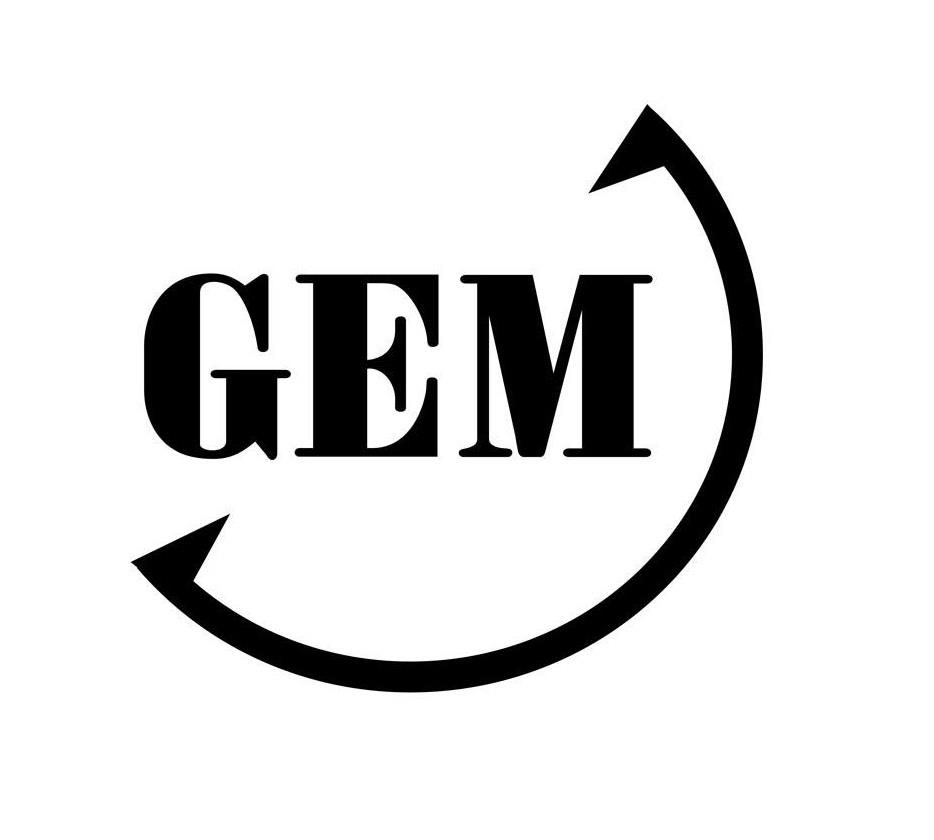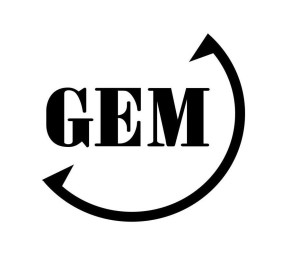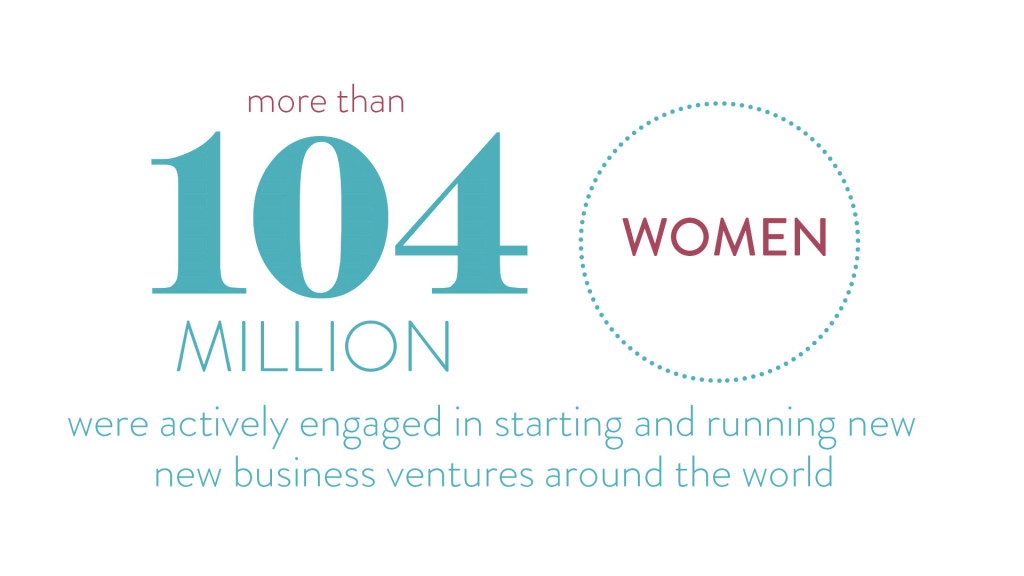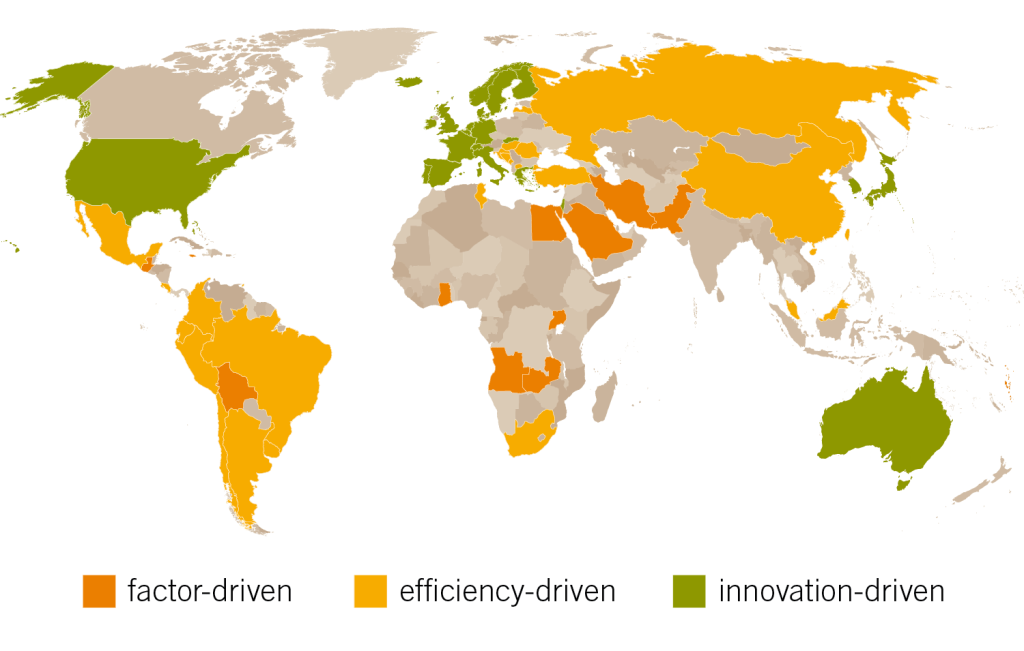

Our research started in 1999 with only ten economies and this year, we have 69 economies involved, with academic teams working around the world to bring this information together. Each national team is responsible for their economy and we have a central administration team to ensure compliance.
The Women’s Report is a Special Topic Report about the state of women entrepreneurs, which we have been targeting to release every two years. Our latest data for 2012 will be coming out this summer, everything we’re discussing is from 2010.
Before becoming a Professor of Entrepreneurship at Babson College, where I’ve been for 13 years, I had my own experiences of being an entrepreneur, and I have a lot of interest in global issues. The role women play is particularly interesting as in many economies, it can represent an untapped resource for economic development. Babson is a cofounder of the GEM project, along with the London Business School in the UK, it was a natural fit for me to be involved.
The results showed us that 104 million women in 59 economies started and managed a new business. An additional 83 million ran businesses they had launched three years prior. What we drew from all our analysis, from interviews with over 50,000 women around the world, was that:
 Can you tell us more about the women and the state of their network?
Can you tell us more about the women and the state of their network?Our research showed that women have smaller and less diverse networks compared with men who go outside their family for support. A lot of this is imbedded in the culture and how families operate and are seen within society. For example in Korea, if a woman has children, it is less socially acceptable to put your child in daycare, which promotes women to remain focused on their family. I’m not a sociologist, but I can say that my research has shown me that many societies continue to have more traditional roles for men and women
A lot of focus has been on training, helping women feel empowered individually. We need to also focus on changes in society and how women entrepreneurs are viewed and supported. Societal attitudes need to be accepting about women entrepreneurs, as their success depends on so many stakeholders. As an individual I can be confident, have the abilities, but if no one else around wants to take the risk and support me, what will happen when I try to get funding? Or when I tell my family I am quitting my traditional job to become an entrepreneur? Or I try to sell my products to people who do not believe my business will last the year?
Exactly how many women entrepreneur role models do we have? We can probably list a few off the top of our head compared to all the men we know. Women entrepreneurs can face challenges on two fronts, one, as an entrepreneur, and the risk perceived behind that, and the other as a woman, who may be expected to hold a certain role in her community. In some countries, like Korea, Norway or Turkey, entrepreneurial spirit is strong, although not necessarily for women. In the US, many differences occur early in the careers of men and women. With a new generation open to non-traditional jobs, compared to their parents and grandparents, why do we still see more men jumping in than women? Is it about bearing children? Or is something else going on that creates a support network for men early on in their career to take risks? In order to truly close the gender gap for women and men, we must take a deeper look at youth at the societal level.
 How does the GEM Women’s Report differ from the way other reports about women-owned businesses work?
How does the GEM Women’s Report differ from the way other reports about women-owned businesses work?The GEM approach is to question individual people directly, understanding the profile of the person, understand the women that are running businesses, why they started, develop a really detailed profile. Most other studies are reporting their research at the business-level rather than by the person, and that business may have co-founders for example, where the individual gets lost. We have also found that a lot of entrepreneurial activity, particularly in less developed economies, is unregistered activity. There can be barriers to the smallest of businesses in their launching phase to registering their company, for example, it costs money to register the business. Or what about the women creating and selling products, more of a craft-business that sustains their family? If they do well, their business grows and expands beyond self-employment. Studies that complete their research at the formally registered business level would miss all of that activity.
Not a checklist so much, more of a list of key ingredients. Positive attitudes across the society towards women entrepreneurs. A ready supply of people who believe they are capable and are willing to take risks is required. There needs to be a mix of necessity-driven and opportunity-driven reasons to start your own business, with the overall result being that individuals believe they can exercise their energy behind launching a business when they need to. Most importantly, entrepreneurship is not just about self-employment, we need to inspire those who are planning to build businesses that will employ others. This is where the deepest impact to the economy takes place. So it’s not about the quantity of entrepreneurs, it’s about quality of them and are they contributing to society by creating jobs, inventing new products or engaging globally? Embedding the entrepreneurial spirit as early as grade school and discussing it as an option throughout the education of our youth will help each person develop the ability and inclination to pursue an opportunity when they are ready to exercise this option.
We have seen a blend of both policymakers and individuals taking action to support women entrepreneurs around the world. Some economies have concern about cultural barriers, the embedded cultural aspects that are very hard to change, while other economies are focused on celebrating the successes of women already making headway, creating a beacon of light for the next wave of business owners.
Mentoring is a big topic and very important as a resource. What’s interesting is that the perception is that mentoring has to be about a more seasoned person working with someone just getting started, yet we see positive results from peer mentorship as well. When women get together in groups and hold one another accountable to set milestones, it creates a support network, a vehicle for receiving advice and feedback, which further motivates the individual to continue their work. Follow up is very important, particularly when women have the history of putting their families first and may struggle with bringing their entrepreneurial goals into the balance of all the other demands in their life. The other area where women need further support is in the basics of running things, the activities that it takes to truly scale a business for growth. It’s not just about getting started, it’s about growth.
We are only just digging into the data, there’s volumes of it! Get back to us in June for the Women’s Report and many of the national-level reports will be available in April.